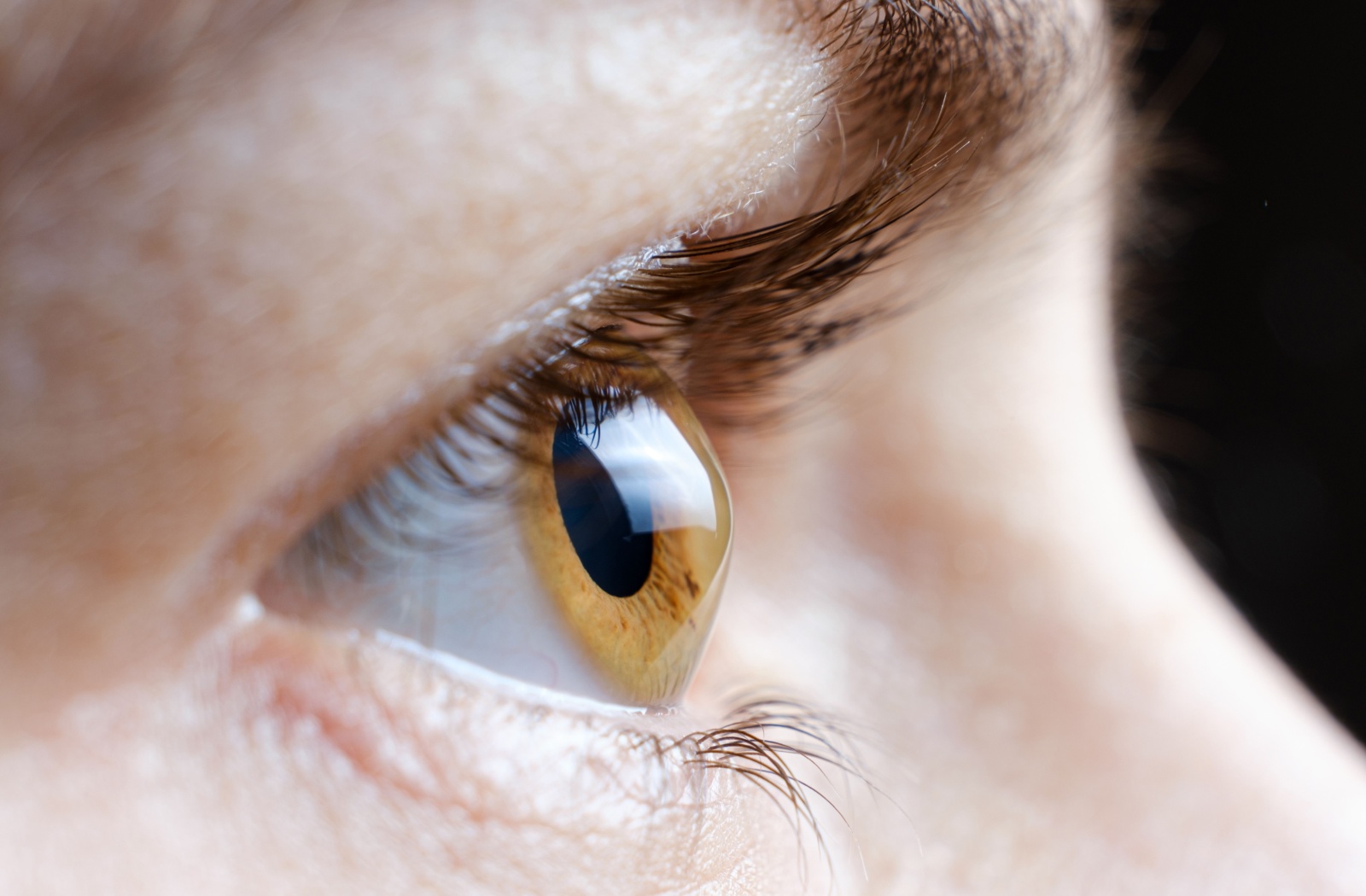All Categories
Featured
Prolonged exposure to ultraviolet (UV) rays can lead to different eye conditions, some of which might result in irreversible damages or vision loss. Whether you're outdoors on a sunny coastline or taking a walk on a cloudy day, recognizing how UV rays affect your eyes and finding out just how to safeguard them is essential for keeping healthy vision.
What Are UV Rays and Exactly How Do They Influence the Eyes? UV rays are a kind of invisible radiation released by the sun. There are three kinds of UV rays:
UVA Rays: These penetrate deeply into the skin and eyes, adding to long-lasting damage. UVB Rays: These are more extreme and can trigger surface-level injury, such as sunburn or corneal damages. UVC Rays: These are one of the most damaging however are soaked up by the Planet's environment and seldom present a direct danger. Both UVA and UVB rays can harm different components of the eye, consisting of the cornea, lens, and retina.
Short-Term Results of UV Exposure. Even a brief duration of intense UV exposure can harm your eyes. A common problem arising from this is photokeratitis, usually referred to as "sunburn of the eye." Symptoms include:
Unpleasant or red eyes. Sensitivity to light. Excessive tearing. Momentary blurry vision. Photokeratitis is usually momentary but acts as a pointer of the instant risks of UV radiation.
Long-Term Effects of UV Direct Exposure. Collective UV exposure with time can lead to a number of severe eye conditions, consisting of:

Cataracts: UV rays speed up the growth of cataracts, a condition where the lens of the eye becomes cloudy, bring about vision problems. Cataracts are a leading source of loss of sight worldwide.
Macular Deterioration: The macula, a component of the retina accountable for central vision, can be harmed by extended UV direct exposure, enhancing the danger of age-related macular deterioration (AMD)
Pterygium: Usually called "surfer's eye," this condition involves a growth of tissue on the white part of the eye, which can expand over the cornea and harm vision.
Pinguecula: UV direct exposure can trigger yellowish spots to base on the conjunctiva, leading to irritability and discomfort.
Skin Cancer Cells Around the Eyes: The delicate skin bordering the eyes is extremely prone to UV radiation, enhancing the danger of basal and squamous cell carcinoma.
Shielding Your Eyes from UV Damage. The bright side is that shielding your eyes from UV radiation is easy and effective. Below are some important pointers:
Use UV-Blocking Sunglasses. Pick sunglasses that block 100% of UVA and UVB rays. Seek labels showing "UV 400" defense. Wrap-around designs provide extra insurance coverage, avoiding UV rays from going into from the sides.
Make Use Of a Wide-Brimmed Hat. A hat with a large brim can block nearly 50% of UV rays, using additional protection for your eyes and the fragile skin around them.
Avoid Optimal Sun Hours. UV rays are toughest in between 10 a.m. and 4 p.m. Lessen your outside exposure during these hours, or ensure you're sufficiently safeguarded if you require to be outside.
Shield Your Eyes Year-Round. UV rays exist year-round, also on cloudy or snowy days. Snow, sand, and water can reflect UV rays, intensifying their effects. Make sunglasses a part of your daily routine, no matter the season.
Take Into Consideration UV-Blocking Contact Lenses. Lots of get in touch with lenses currently provide UV protection, which can be an extra safeguard when paired with sunglasses.
Encourage Eye Security for Children. Kid's eyes are more vulnerable to UV damage because their lenses are more clear, enabling even more UV light to reach the retina. Ensure they wear sunglasses and hats when playing outdoors.
Schedule Regular Eye Examinations. Regular sees to an eye treatment professional are important for checking your eye health and wellness. An eye doctor can spot very early indicators of UV-related damages and suggest solutions, such as prescription sunglasses or UV-blocking glasses customized to your demands.
Final thought. UV rays might be invisible, but their influence on your eye health and wellness is very genuine. From short-term discomfort to lasting conditions like cataracts and macular degeneration, the risks of UV direct exposure are as well substantial to ignore. By using UV-blocking sunglasses, restricting your exposure throughout height hours, and scheduling regular eye exams, you can safeguard your vision and appreciate the outdoors securely. Bear in mind, your eyes are among your most valuable properties-- take the essential actions to shield them from harmful UV rays today.
Latest Posts
Uncover Top Auto Repair Care offered by Montclare Auto Repair – Quality Service Today
Join WyHy Federal Credit Union – Smart Money Management for Your Money Goals
Uncover Reduce Expenses on Car Maintenance with Montclare Auto Repair’s Special Deals
More
Latest Posts
Uncover Top Auto Repair Care offered by Montclare Auto Repair – Quality Service Today
Join WyHy Federal Credit Union – Smart Money Management for Your Money Goals
Uncover Reduce Expenses on Car Maintenance with Montclare Auto Repair’s Special Deals